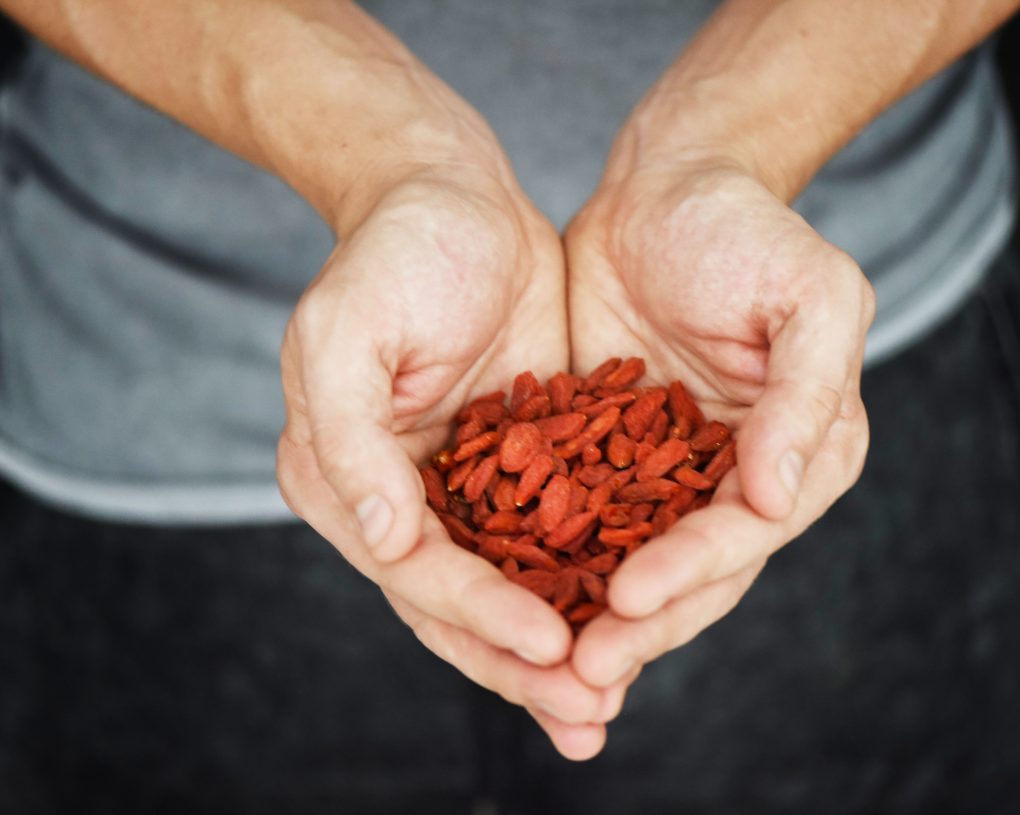
Goji berries and their nutrition properties. Recipe for Power Cocktail.
Goji berries are an example of so-called super food. They have a very high is nutritional values. These are the orange fruits of the Tibetan Lycium barbarum L, which taste like cranberries, but they are less sweet. Since few years they have become more and more popular in Poland.
What are the properties of goji berries?
Goji berries are the source of vitamin C, riboflavin, calcium, iron, potassium, zinc, β-carotene, selenium, zeaxanthin, lutein, and dietary fiber. They also contain the Lycium Barbarum Polysaccharides (LBP) , which acts as an antioxidant, boosts immunity, and lowers triglycerides and LDL cholesterol. Thanks to antioxidants, they work against aging. In addition, they are rich in flavonoids and polysaccharides and they strengthen the immune system.
The benefits of eating goji berries:
- improving the general well-being
- have an antioxidant effect
- contained in goji berries betaine protects the liver
- Due to the high content of zeaxanthin and lutein can be used in the prevention of vision diseases
- strengthen joints, bones
- they are beneficial for the digestive tract
- they help to protect the skin from the harmful effects of UV radiation
- they improve the quality of sleep
- they support the immune system, recommended for children (and not only) with reduced immunity
- recommended for people living in high stress
- they improve vitality,
How to eat goji berries?
You can eat goji just like other dried fruits, as a snack. You can also prepare a brew or add to, for example, cocktails, salads or drinks. Goji fruit should not be subjected to heat treatment, as it does affect the health-related compounds contained in them. You should eat 10 to 40 g of berries daily to feel the benefits.
Contraindications, when to be caution.
Substances contained in goji berries inhibit the distribution of warfarin in the liver, which acts against the thrombosis. This can lead into an increased risk of haemorrhage.
People with autoimmune disease – because of the goji berries belongs to the solanaceae family, people using the “autoimmune protocol” should avoid incorporating these fruits into their diet.
Pregnant and breastfeeding women should minimize the amount of goji berries. Why? According to research conducted in China, goji fruits contain a small amount of alkaloids called atropine, which inhibit lactation and act diastolic.
Is it just fashion?
maybe a bit, people are following the food trends, there were forest berries, then Acai and now it’s time for goji. In terms of the amount of vitamin C the winner is bell pepper, but to make a cocktail we will just use goji 🙂
RECIPE FOR POWER COCKTAIL WITH GOJI
CHIA is also an important ingredient in my cocktail today.
Chia seed oil contains 30% omega-3 fatty acids and 40% omega-6 fatty acids. It is assumed that this is the optimal balance of exogenous fatty acids.
Chia is an excellent source of alpha-linolenic acid, which is the precursor of the remaining omega 3 fatty acids. Omega-3 fatty acids build cell membranes, help to maintain normal cholesterol levels, help to fight against hypertension, is anti-inflammatory and anti-cancer. They slow down the absorption of sugars and they help to regulate their levels in the blood. A large amount of fiber acts on the digestive tract and ensures a long satiety. Because of this, chia seeds are recommended for people who are overweight and obese. Chia seeds can be added directly to cocktails, moussees, salads, jams and soups, or you can use them to make pudding
In order to feel the benefits of chia seeds, it is recommended that you take them regularly. At the same time it is important that the daily dose does not exceed 15 g (about 3 teaspoons).
Let’s go back to the recipe for a cocktail 🙂
Preparation:
Blend all the ingredients and its ready!
Research:
General mood:
http://www.ncbi.nlm.nih.gov/pubmed/18447631
Antioxidant:
http://www.ncbi.nlm.nih.gov/pubmed/21169874
Gastrointestinal:
http://www.ncbi.nlm.nih.gov/pubmed/18447631
Skin protection:
http://www.ncbi.nlm.nih.gov/pubmed/20354657
Zeaxanthin:
http://www.ncbi.nlm.nih.gov/pubmed/21169874
Support of the Immune system:
http://www.ncbi.nlm.nih.gov/pubmed/19857084
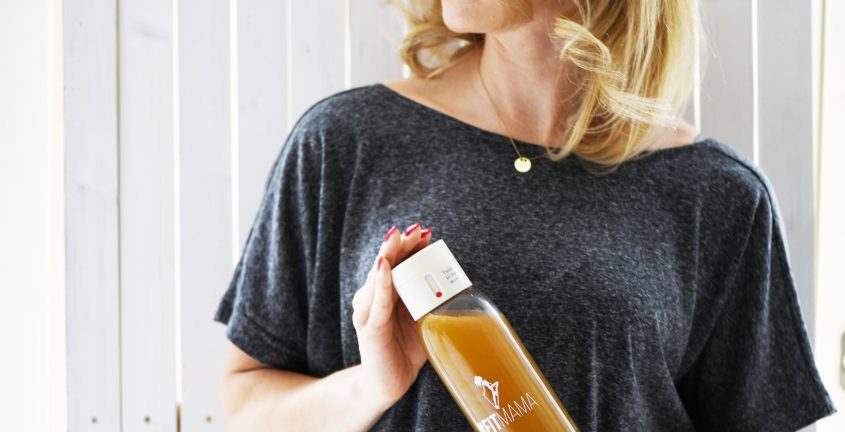



 Buy
Buy 



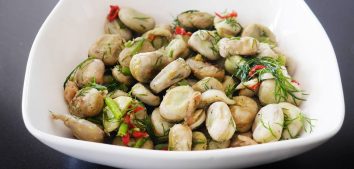
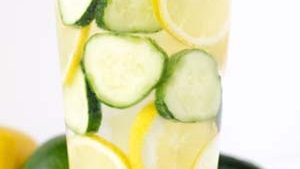
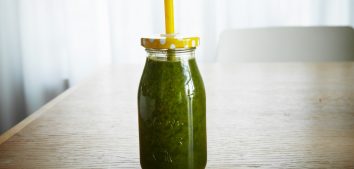
Comments No Comments
Join the discussion…